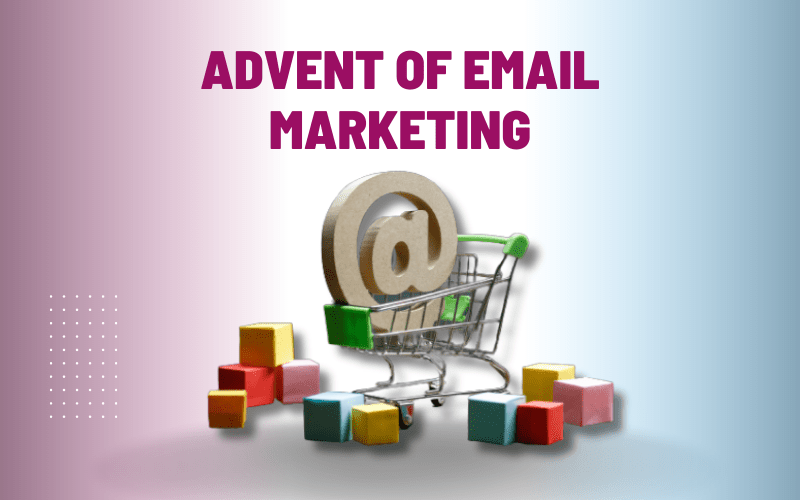What is Email Marketing?
The act of sending a commercial message via email, usually to a group of people, is known as email marketing. Every email that is sent to a client, whether present or prospective, might be regarded as email marketing in the broadest sense. It includes sending adverts, making business requests, or requesting donations or purchases over email. Building brand awareness, trust, or loyalty are three major goals that are frequently pursued by email marketing methods.
The phrase typically refers to sending emails with the goals of improving a business’ relationship with current or former customers, fostering customer loyalty and repeat business, attracting new customers or persuading existing ones to make a quick purchase, as well as sharing third-party advertisements. Email Marketing Write For Us category is where you can express your thoughts about such methods of marketing.
Along with the development of technology in the 21st century, email marketing has advanced quickly. Email marketing was less successful prior to this expansion when emails were still novelties to the majority of customers. The first bulk email was sent in 1978 by Gary Thuerk of Digital Equipment Corporation (DEC) to about 400 prospective customers over the Advanced Research Projects Agency Network.
He argues that this increased sales of DEC products by $13 million and demonstrated the effectiveness of email marketing. However, when email marketing became a more efficient form of direct communication, users started to refer to it as “spam” and started filtering content from emails with filters and blocking software in the 1990s.
Benefits of Email Marketing
While email marketing has many advantages, many of which are unique to each firm, four of the most important advantages are better customer interaction, higher conversion rates, stronger customer loyalty and retention, and the capacity to be adaptable and grow with your needs. Let’s explore each of these in greater depth.
The potential of email marketing to increase client involvement is one of its main advantages. You can entice your subscribers to engage with your brand by giving them customised and pertinent material. Higher engagement on social media platforms, website visits, and click-through rates may result from this.
Businesses can communicate useful information via email marketing, such as industry news, product updates, or educational materials. By doing this, you keep your audience updated and establish your brand as an authority in your market. You may create a closer connection with your subscribers by providing material that benefits their life.
Email marketing is renowned for its capacity to increase conversions, enabling companies to send their customers relevant and customised offers. You can modify your communications to meet each audience segment’s particular demands by segmenting your audience based on their preferences, behaviours, or previous interactions.
As subscribers are more likely to act on offers that appeal to them, this personalised strategy can increase conversion rates. Additionally, email marketing enables sophisticated user behaviour tracking and analysis, which can assist companies in identifying patterns and tailoring their strategy accordingly. Businesses may continuously enhance their email marketing initiatives and increase their potential for conversions thanks to this data-driven approach.




